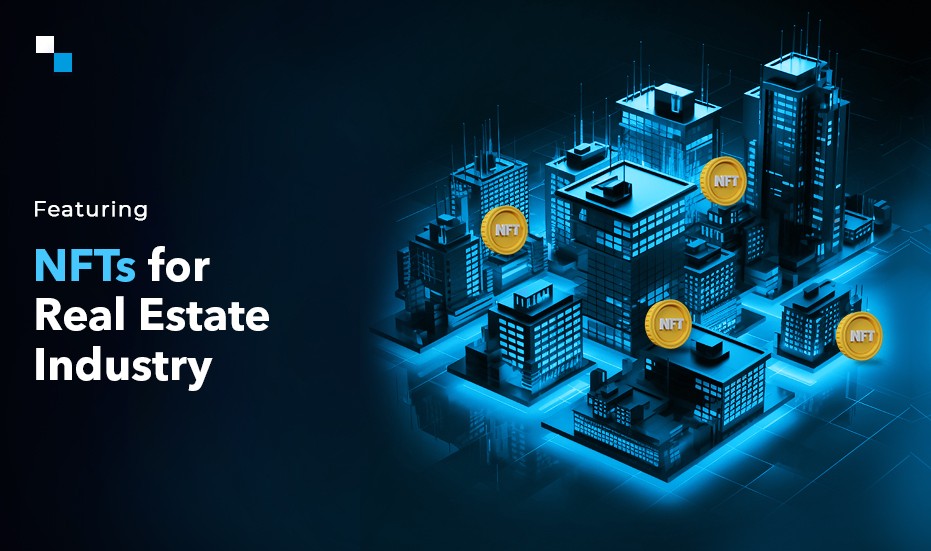
Traceability, security, democratization and less time in operations are some of the promises that real estate tokenization enthusiasts—that is, the sale of Real Estate NFTs—make when defending this digital system; This is already a reality in many countries and Mexico already has real estate projects with this modality.
One of the many challenges of this model is the lack of knowledge that the general public has about it. Of course, the most common question is: What is an NFT?
The concept is an acronym for Non-Fungible Token, which is a unique unit of data stored on a digital ledger (blockchain).
The above may say a lot or nothing, but landed in the world of real estate, an NFT or token would function as a digital certificate that represents the rights over a physical real estate property and the usufruct derived from its exploitation, according to Kenji López, co-founder of Urvita.
According to the specialist, in the future, this certificate would allow value operations on Web3, a technology that is seen as the next step in digital evolution, since, among other things, it would have ownership and transaction models between the physical universe. and virtual, in a secure, traceable and immutable way.
Democratize the sector
But what benefits would real estate tokenization bring? López mentioned that the real estate industry, especially the housing industry, traditionally relies on mortgage financing, which limits buyers who do not have a credit history or a formal job.
In this case, NFTs would democratize the market by dividing properties so that each person can acquire a portion of it in an affordable way, with minimum prices of 500 to 3,000 pesos, in order to receive income from the rentals and, little by little , form an estate.
“Currently, the housing market is more of a credit market. We see in tokenization a form of solution to the limited access that exists in the purchase of real estate, because, with little money, you can build a real estate asset free of debt,” commented the expert.
Although the model may sound similar to that proposed by Real Estate Fibers or collective funding platforms (also known as crowdfunding), Román D. González, Notario 38 in Tabasco, highlighted that these focus on investment to obtain profitability.
“On the other hand, tokenization is framed in the right derived from property, reflected in the lease or in own use,” he declared during his participation in the Second Great Legaltech Forum in Mexico.
On the other hand, the technology offered by tokens, he said, opens an opportunity to reduce the friction, procedures and costs associated with traditional real estate sales.
Where do cryptocurrencies come in?
A key point in real estate tokenization is payment, which is made through cryptocurrencies.
For Diego Linares, technology director of the developer Akún, the issuance of NFTs is a strategy to attract investors from the crypto world, since it is estimated that 13% of Mexicans invest in this type of digital currencies.
Recently, the company announced a project of 234 apartments, located in Mérida, Yucatán; available to purchase with bitcoin and stablecoins such as Tether or DAI.
“We want to diversify the possibilities of our national and international investors. This way we anticipate what is coming, because this is already a fact, it is not something we are inventing, there are even crypto ATMs in Monterrey,” Linares said in interview for Econohábitat.
The firm’s objective is for at least 25% of the residential units that are under development in Mérida to be marketed through cryptocurrencies. A second stage of the project will be to launch NFTs of them.
Regulation in diapers
As in most cases, technology is many steps ahead of regulation. In the case of real estate tokenization, experts mentioned that Mexico’s regulatory framework has been “a straitjacket” to reach the market ideal.
“First we have to understand the nature of these technologies and what they want to respond to. We want to get to the transmission of the right represented by a token, we have to move to loosen that shirt and do it. It will depend on the visionaries in companies and in government to push regulation, because if we wait for the laws to change on their own, we could get stuck for a long time,” highlighted the notary public.
González insisted that it is essential to take care of certain variables, such as tax and legal issues, to provide legal certainty to buyers of real estate NFTs.
In this sense, Linares confirmed that Akún has collaborated with advisors from Spain, one of the most advanced countries in real estate tokenization, to form a legal-fiscal strategy that makes the issuance of tokens a reality without falling into any fault.
Regarding the detractors of this system, González assured that it is a matter of time and of strengthening the arguments in favor to demonstrate that it is the answer to the problems of the real estate sector.
“There is a lot of opposition to all this, but I don’t see it as a war, I think that, instead of wanting to defeat them, we must strengthen ourselves to show that what we do is real, possible and that it will solve many pains that our industry suffers today , all citizens,” highlighted the notary.
Fountain:
https://www.eleconomista.com.mx/econohabitat/El-ABC-de-la-tokenizacion-de-inmuebles-un-sistema-que-quiere-poner-fin-a-los-problemas-de-la- industry-20230703-0028.html




No comment yet, add your voice below!